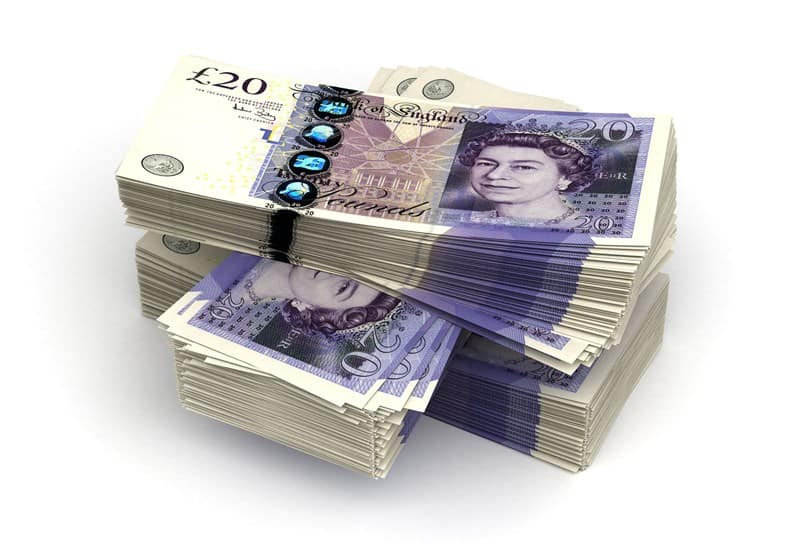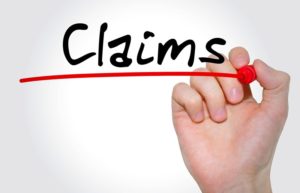The ‘badges of trade’ tests whilst not conclusive are used by HMRC to help determine whether an activity is a proper economic / business activity or merely a money-making side line to a hobby. However, there is a point where careful consideration needs to be given to deciding whether your hobby has in fact become a taxable trading activity.
It is clear from the significant amount of case law on this subject that a decision on whether there is a business activity is often not black and white. In fact, both HMRC and the courts are clear that it is important to look at the whole picture rather than looking at each ‘badge’ in isolation or even relying too heavily on the badges of trade at all. In some cases, taxpayers will seek to argue that their hobby is actually a trade in order to benefit from certain tax reliefs, usually related to having a trading loss.
HMRC will consider the following nine badges of trade as part of their overall investigation as to whether a hobby is actually a trade.
- Profit-seeking motive
- The number of transactions
- The nature of the asset
- Existence of similar trading transactions or interests
- Changes to the asset
- The way the sale was carried out
- The source of finance
- Interval of time between purchase and sale
- Method of acquisition
Planning notes:
The introduction of the trading allowance from April 2017 can help taxpayers making small amounts of money from their hobby. Even if HMRC consider that the activities in question are a trade, taxpayers can make up to £1,000 per year from their hobby using the trading allowance.
The sale of unwanted personal possessions is not considered trading (or a hobby) although there may be Capital Gains Tax implication if large profits are made.
If you are unsure of your situation – is it a hobby or a trade – we would be pleased to offer you an opinion.







